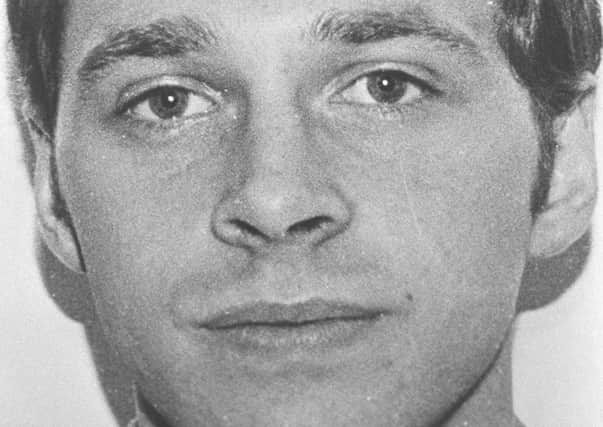Maze escapee Kevin Barry Artt gets court date for bid to clear name


Judges in the Court of Appeal listed Kevin Barry Artt’s case for a two-day hearing in April next year.
The 59-year-old is seeking to overturn a verdict that he was guilty of killing the jail’s deputy governor Albert Miles in 1978.
Advertisement
Hide AdAdvertisement
Hide AdArtt, who has remained in California since a failed attempt to extradite him, claims he never formally abandoned his appeal.
Defence lawyers are set to argue that police conduct during his interrogation and flaws in the trial process render his conviction unsafe.
In 1983 Artt was sentenced to life imprisonment for the IRA murder of deputy governor Miles.
The victim had been gunned down in front of his wife at their home off the Cavehill Road in north Belfast.
Advertisement
Hide AdAdvertisement
Hide AdA month after lodging appeal papers, Artt joined 37 other inmates in the September 1983 escape from the Maze – the biggest jailbreak in UK history.
He fled to America, settling on the west coast and establishing himself as a successful car salesman.
In 1992 he was arrested on a passport violation, leading to the British authorities seeking his extradition.
But following a protracted process the US courts ruled against sending him back.
Advertisement
Hide AdAdvertisement
Hide AdHis lawyers are preparing fresh grounds on which they contend the conviction should be quashed.
They claim the only evidence implicating him came from admissions made under duress at the Castlereagh police detention centre.
The case is also expected to focus on forensic ESDA tests of the original handwritten police interview notes, a process carried out for the extradition proceedings.
In court on Friday, counsel for the Public Prosecution Service said those notes are still to be obtained.
Advertisement
Hide AdAdvertisement
Hide AdHe told judges the documents may be held at the Home Office.
Listing the appeal for hearing in April, Lord Chief Justice Sir Declan Morgan said: “It’s time to really get hold of this case.”
Outside court Artt’s solicitor, Fearghal Shiels of Madden & Finucane, said: “ESDA testing of original handwritten notes made by RUC officers in Castlereagh occurred in preparation for lengthy extradition proceedings in America in the mid 1990s.
“Mr Artt will contend that as a result of those examinations there is material which his lawyers at his trial in 1983 would have sought to cross examine police officers as to the contemporaneity of their notes, and in particular the critical interviews in which admissions were made.”